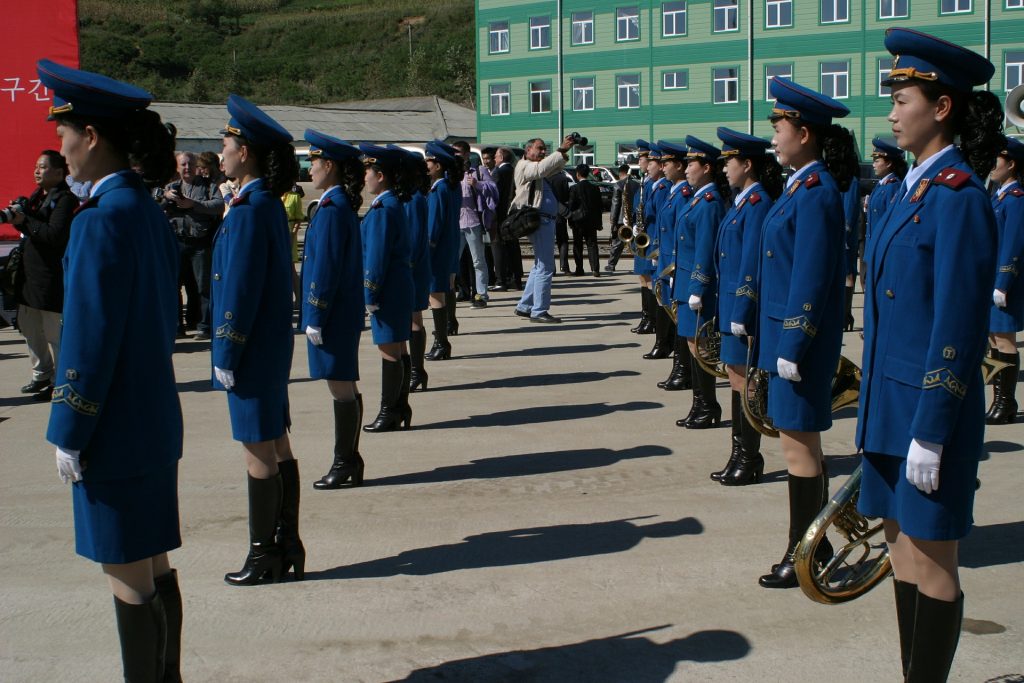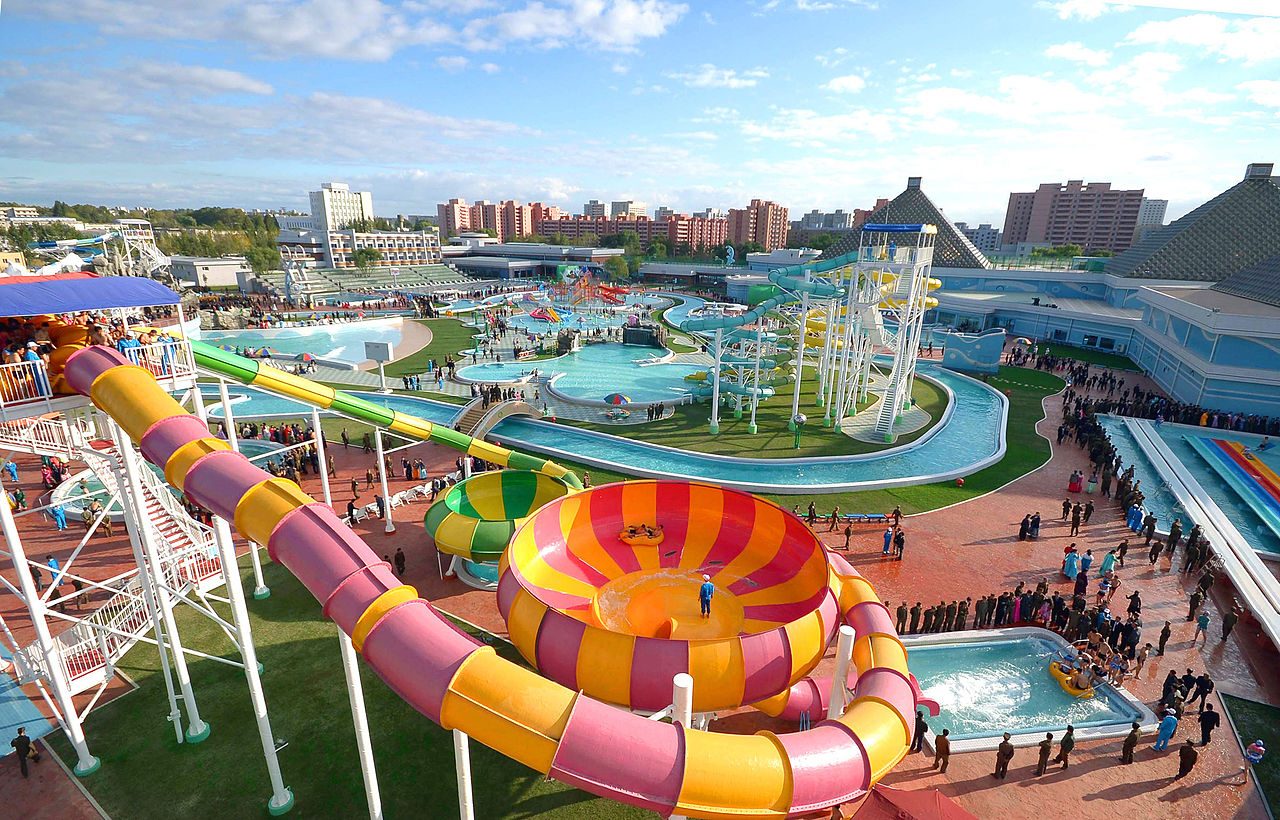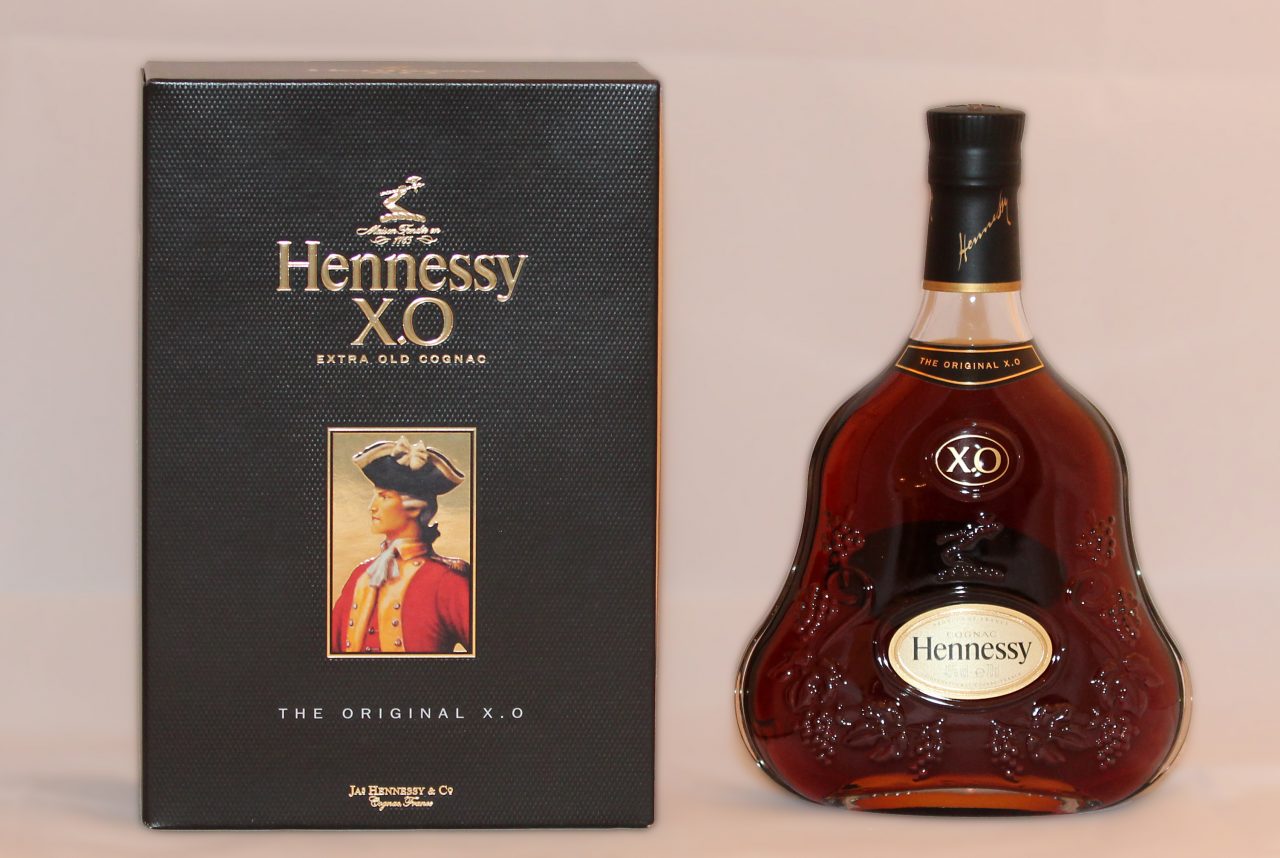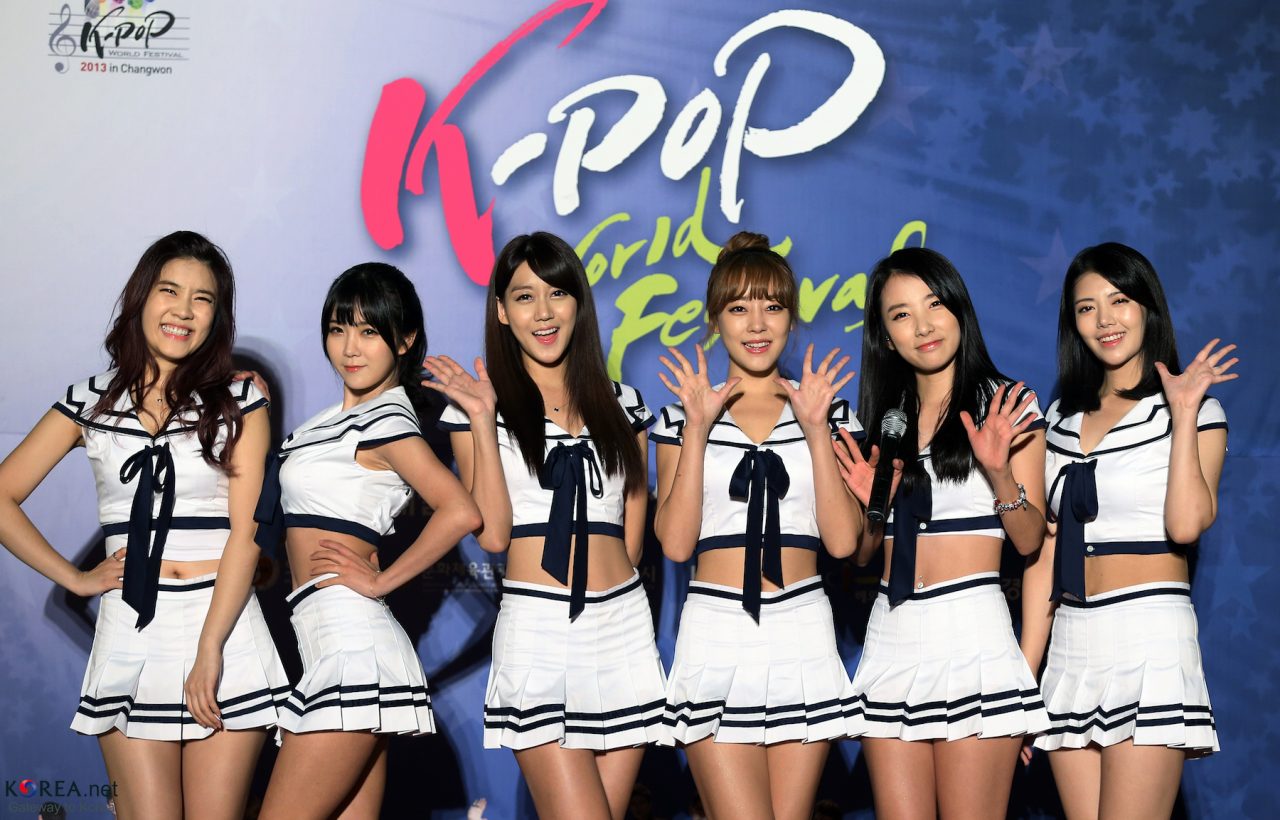
4 things you might not know about North Korea
North Korea is the world’s most secretive state, but it sure makes itself heard when it wants to. On Sunday 5 March, the North Korean regime tested a missile in the Japanese sea, which could be a sign it’s getting closer to developing a missile that could reach America.
Most security analysts think that he’s not there yet, Buzzfeed did a pretty good explainer on the missile stuff. The state is spending billions on developing weapons while 40% of its citizens live in poverty, and the average salary is thought to be around $4 a day.
But missiles aren’t North Korea’s only questionable expenditure. From flashy building projects to the leader’s taste for luxury products, here are four facts you might not know already about the secretive state.
There's a 15-hectare water park in Pyongyang

North Korea has said it wants to usher in a “golden age of construction”, with apartment blocks and attractions popping up all over the place – including a 15 hectare water park. It also opened its first coffee shop in 2015, which it sees as a beacon of its status as a new, modern city.
The plan is for North Korea to open itself up to 2 million tourists a year by 2020, drawing most of them to the capital, Pyongyang. The majority of tourism, like pretty much everything else in North Korea, comes from China. But there’s a growing number of people coming from elsewhere.
A businessman from Cheshire in the UK has set up his own tourism business to make the most of the rising numbers of visitors, offering tours on everything from The Pyongyang International Film Festival to architecture.
The thing is, if tourism and the big money attractions being built to prepare for it is only in the capital city alone, none of that investment is shared with the rest of the country. Pyongyang has a water park and apartment blocks, but less than 3% of the roads in North Korea are paved.
Kim Jong Il spent $800,000 on cognac a year

Luxury items from outside North Korea are prohibited, but Kim Jong Il, the former leader, was reportedly the world’s biggest single consumer of Hennessy Cognac. Reports of how much he spent vary wildly, but some put it around $800,000 per year, just on brandy. A bottle sells for $630.The average salary (per person) is estimated to be around $1000 a year (and given that’s an average, some must earn closer to the equivalent of a single drop of the stuff).
Kim Jong Il’s son, Kim Jong Un, the current leader, is also said to have expensive taste. A UN report pointed out that while the state was committing “crimes against humanity”, the regime was buying flashy cars, three dozen pianos, and high-end recording equipment. Total state spending on luxury goods rose from an average of $300 million a year under Kim Jong Il, to $645.8 million in 2012, after his son had come into power.
People are being offered $860,000 for information about the regime
All of these ‘facts’ about North Korea are actually pretty questionable given how little we actually know about the place. Most of what we know comes from people that have escaped the regime or defectors. According to the Guardian, South Korea is now quadrupling the reward they give defectors for offering up information about the regime – from $217,000 to up to $860,000, depending on how valuable the information is to them.
A South Korean official had said that one of the reasons North Koreans don’t defect is because they’re not sure how to make a living when they cross the border – this payment is seen as a kind of incentive to make the leap.
You can buy a DVD player for $13

The North Korean government heavily restricts what you can and can’t watch or listen to. The large majority of information comes from the state run news service.
But more and more transmissions of radio and television are flowing across the border. South Korean soap operas are particularly popular, and three officials were reportedly executed in 2015 for watching. According to Vice, semi-legal market stalls are flogging free-tuning radios or DVD players for $13.
Three radio stations are currently getting through: the American-backed Radio Free Asia (RFA), Voice of America (VOA), and a group of South Korean media agencies known as the Unification Media Group (UMG).
And in 2016, South Korea was reported to be transmitting a diverse radio programme across the border, including criticism of North Korea’s nuclear policy, economic problems and human rights abuses, and K-Pop – lots and lots of K-Pop.



